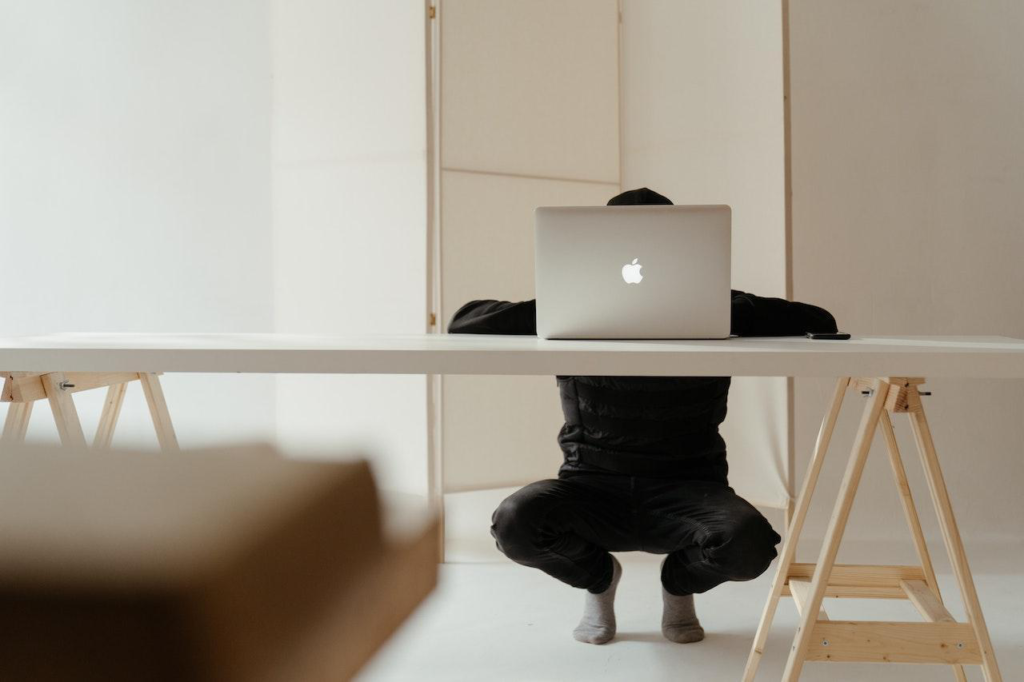
The Psychology of Private Workspaces: How Your Environment Affects Your Work
When it comes to creating a productive and conducive workspace, the physical environment plays a critical role. As such, Private Offices are becoming increasingly popular, as more people realize the impact of their surroundings on their work performance. In this article, we explore the psychology of private workspaces and how your environment affects your work.
The Impact of Environmental Stimuli on Productivity
The physical environment can significantly influence our work performance. Studies have shown that environmental stimuli can affect mood, cognitive functioning, and decision-making abilities. For instance, a cluttered workspace can create a feeling of chaos and disorder, which can hinder productivity. On the other hand, a well-organized and neat workspace can boost focus and motivation.
Noise is another environmental factor that can affect productivity. Too much noise can be distracting, making it challenging to concentrate on tasks. Research shows that noise pollution can lead to cognitive impairment and increased stress levels, both of which can have negative effects on work performance.
The Benefits of Private Workspaces
Private workspaces offer a range of benefits that can improve work performance. For one, they provide a sense of control over the environment, allowing you to design a space that suits your preferences and work style. This control can enhance comfort and reduce stress, which can translate into increased productivity.
Another benefit of private workspaces is privacy. Working in a private space can reduce interruptions and distractions, which are major hindrances to productivity. With fewer interruptions, you can focus better on tasks, complete them faster, and achieve better quality work.
Additionally, private workspaces can promote creativity. When you work in a space that you have personalized, you are more likely to feel comfortable and relaxed. This can promote creative thinking, as you are not constrained by rigid workspaces and can let your mind wander.
The Importance of Ergonomics
Ergonomics refers to the design of workspaces to optimize comfort, productivity, and safety. Poor ergonomics can lead to physical discomfort and pain, which can be distracting and hinder productivity. Therefore, it is essential to ensure that your workspace is designed with ergonomics in mind.
Ergonomic considerations include the height of the desk and chair, the angle of the computer monitor, and the placement of other tools and equipment. A comfortable and well-designed workspace can reduce physical stress, improve posture, and minimize the risk of injuries such as back pain, neck pain, and carpal tunnel syndrome.
The Role of Lighting
Lighting is another critical factor in creating a productive workspace. Insufficient lighting can cause eye strain, headaches, and fatigue, all of which can affect productivity. In contrast, good lighting can enhance mood, promote alertness, and improve concentration.
Natural light is the best source of lighting as it can improve mental clarity and reduce stress levels. If your workspace does not have access to natural light, consider using artificial lighting that mimics natural light. Additionally, adjust the lighting levels to suit your preferences and task requirements.
The Impact of Color on Mood and Productivity
Colour can significantly affect mood and productivity. Different colours evoke different emotions, and as such, it is important to choose colours that promote the desired mood and atmosphere. For instance, blue is associated with calmness and productivity, while green is associated with relaxation and creativity.
When designing your workspace, consider the colours of the walls, furniture, and accessories. Choose colours that reflect your personality and work style, and that promote the desired emotions and productivity levels.
Conclusion:
In conclusion, the psychology of private workspaces highlights the significant impact of the physical environment on work performance. Factors such as environmental stimuli, privacy, ergonomics, lighting, and colour can all affect mood, cognitive functioning, and decision-making abilities. By designing a workspace like The Square Coworking that promotes comfort, focus, and creativity, individuals can enhance productivity and achieve better quality work. As more people continue to work remotely, the importance of private workspaces in creating a conducive environment for work will continue to increase.







